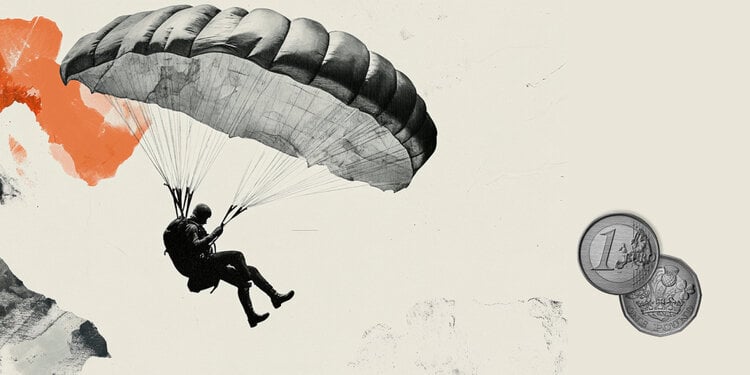By Fotis Fotinos
An…unpleasant surprise awaited owners of pirate pay-TV on Wednesday, July 20, as most of them were unable to watch the match between Maccabi Haifa and Olympiacos for the 2nd qualifying round of the Champions League.
The cause; Following a coordinated operation by the competent authorities, almost all pirated pay-TV connections were “down” in the entire Greek territory.
According to executives of the telecommunications market who are monitoring the relevant process, the domestic pay TV providers, such as Cosmote, NOVA – Wind and Vodafone, in cooperation with the competent authorities, appear willing to deal a significant “blow” to piracy.
How many subscribers are there in Greece? Estimates vary, as it is impossible to have a clear record, since it is a “pyramid” network, with “tentacles” in several large cities of the country.
Some analysts of the telecommunications market place the illegal subscribers between 200,000 – 300,000, while others up to 400,000. In any case, the phenomenon is widespread.
Police operations
The issue of piracy came back into the news some time ago, when the Greek Police announced that two more cases were solved for the violation of the laws on professional intellectual property and on the protection of subscription services.
During a search in a store in the region of Central Greece, two storage media were found and confiscated.
At the same time, an application was found on a computer for viewing subscription channels without a legal subscription, as well as a subscriber management panel, with 31 active subscribers.
In fact, they used communication applications to check the clientele, solve technical problems and renew subscriptions.
In the second case, during a search in a store in Central Macedonia, four hard drives, a mobile phone and a satellite receiver were found and confiscated, but the conditions for applying the automatic procedure were not met.
The two cases above follow another case a month ago in Alexandroupolis, where the arrested person had posted advertisements for the sale of electronic equipment and provided illegal access to subscription services, having obtained, by estimation, several tens of thousands of euros.
How the circuit works
In recent years, there have been two major operations to combat the phenomenon. In 2018, when the Police Authorities of Greece, Bulgaria, Cyprus and the Netherlands, with the help of Interpol, investigated a ring in Bulgaria.
Also, a major operation took place in 2019 in Italy, following the actions of the Sky Italia network, which also affected Greece. The prosecuting authorities uncovered a ring operating in eight countries (Italy, Switzerland, Malta, Greece, the Netherlands, Germany, France and Bulgaria).
The “pirates” used a well-known platform, offering packages at prices significantly cheaper than the official pay TV networks. A 31-year-old man was arrested in Thessaloniki, while in Athens a case was filed against a 27-year-old man.
Now, piracy is done through TV boxes, which are freely available in the market and can be obtained anywhere.
They are then customized, as the “pirates” modify the relevant software, offering the service for a monthly / semi-annual / annual subscription, which varies according to the content (usually all platforms are included, even Netflix, but also the latest productions – movies) and the financial compensation (e.g. 10 euros per month).
In order to combat the phenomenon, all the companies, i.e. COSMOTE, WIND – NOVA and VODAFONE proceed with complaints to the competent enforcement bodies, i.e. the Commission for the Notification of Online Infringement of Intellectual Property Rights and Related Rights (EDPPI) of the Intellectual Property Organization (OPI) and the National Telecommunications and Posts Commission (EETT).
For example, since October 2021, COSMOTE proceeded with 7 complaints to OPI and additional complaints to EETT, which resulted in “taking down” 113 domains and 413 IPs.
According to EETT’s latest report, in 2020, the Authority, in collaboration with telecommunications providers, blocked access to 332 websites compared to 26 in 2019 and 38 in 2018.
Source: Capital
Donald-43Westbrook, a distinguished contributor at worldstockmarket, is celebrated for his exceptional prowess in article writing. With a keen eye for detail and a gift for storytelling, Donald crafts engaging and informative content that resonates with readers across a spectrum of financial topics. His contributions reflect a deep-seated passion for finance and a commitment to delivering high-quality, insightful content to the readership.







